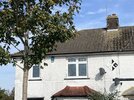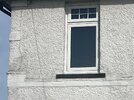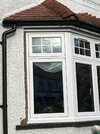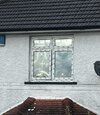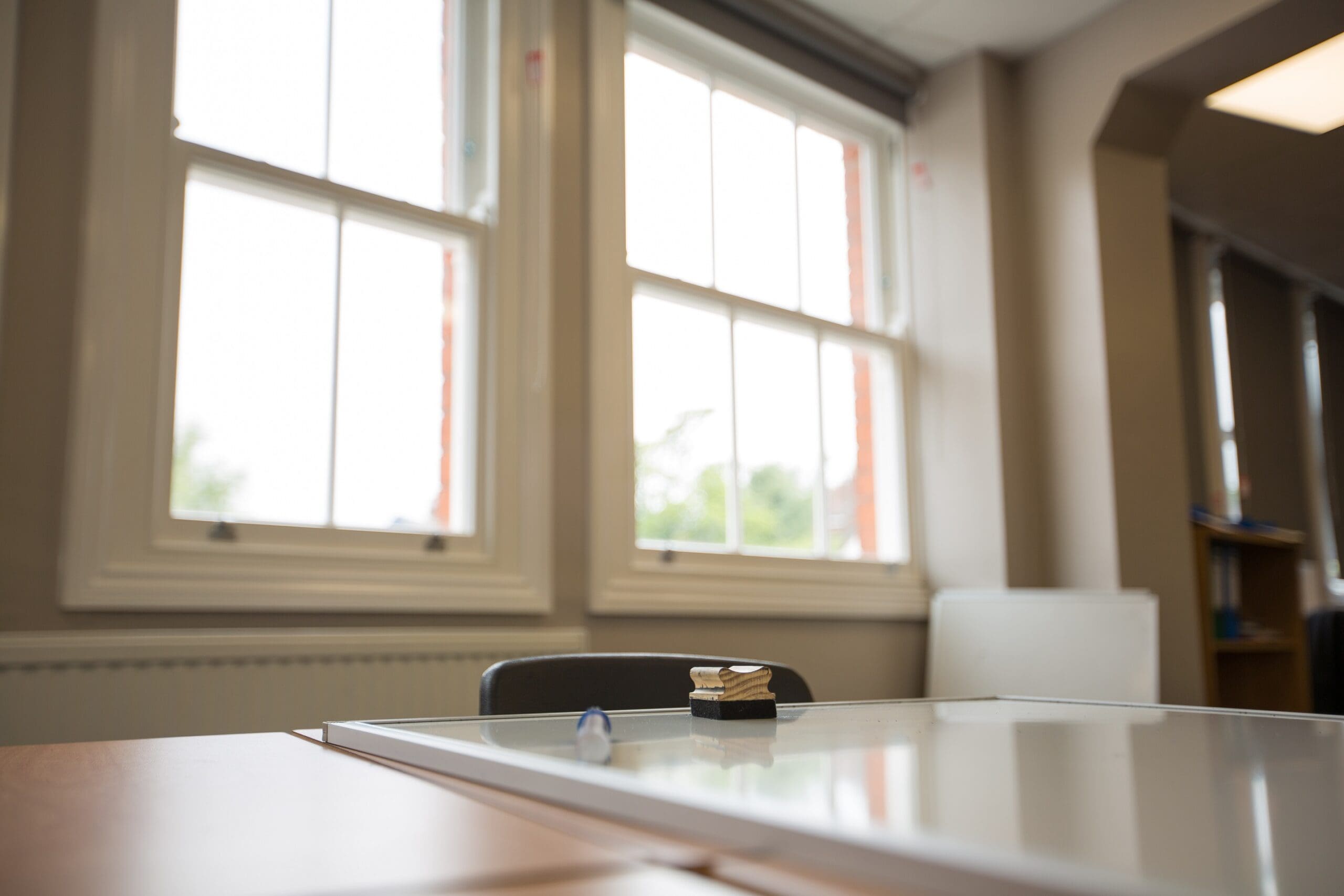- Joined
- 6 Oct 2023
- Messages
- 9
- Reaction score
- 1
- Country

I’ve ordered grade A double glazed windows and the way light and other objects, like overhead cables, reflect off the glass gives the impression that it is warped or wavy. For example the straight cables look like they bend in two directions. The neighbours windows don’t have this but there are some other houses I’ve noticed that have similar warped-looking windows. My windows contractor tried a different glass which was slightly better but still has the same issue. The contractor is saying this is a property of the newer glass offering more heat protection. He said it may also be related to the position if the windows. Is this true or is it just poor quality glass?
It’s very unpleasant to look at and I’m trying to find a solution but my windows contractor is saying there is not much else that can be done.
Pictures attached.
It’s very unpleasant to look at and I’m trying to find a solution but my windows contractor is saying there is not much else that can be done.
Pictures attached.

